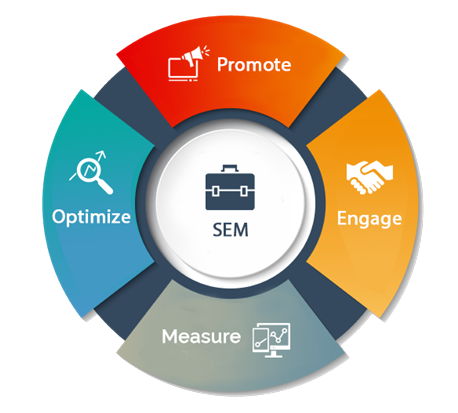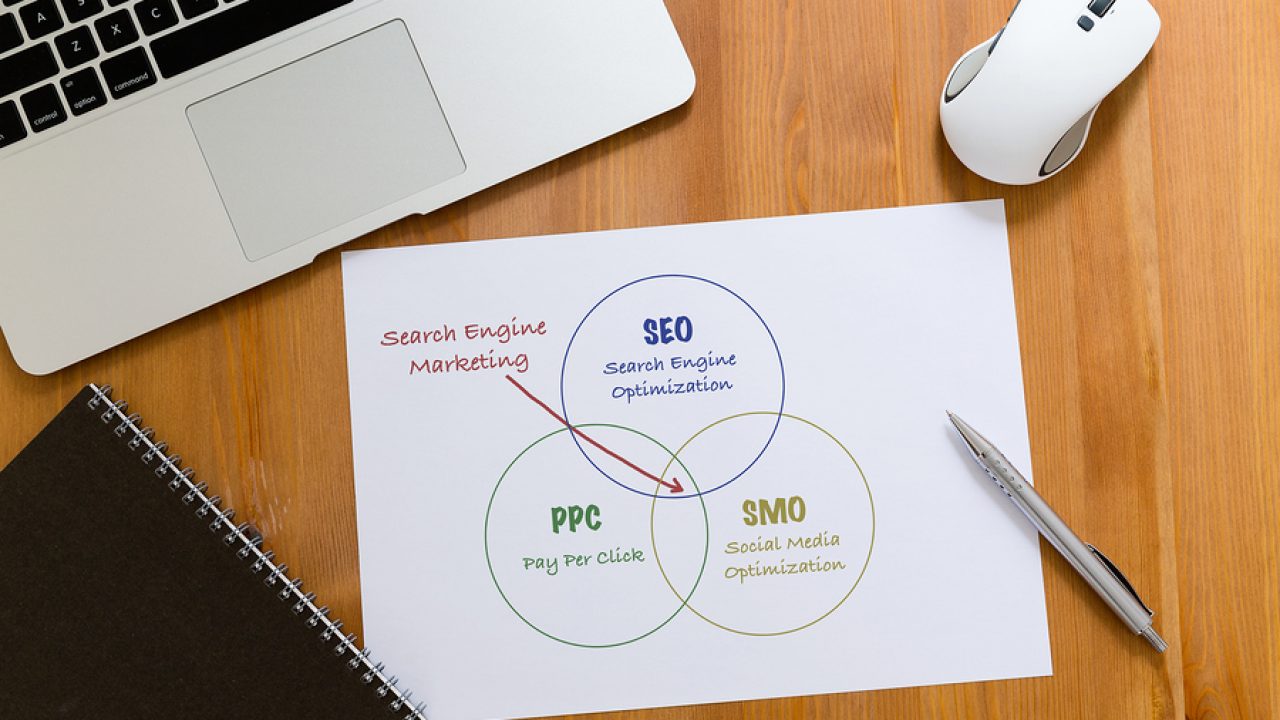1. It helps to earn more money:
By running SEM ad campaigns, it provides your business with more options to the target audience and earns money. Many digital platforms like that of Bing, Baidu and Yandex etc. provide companies with a level playing field to bring in more money through Search Engine Marketing. According to Google, any business can double their investment in AdWords. SEM offers companies through ads to make more money.
2. SEM is conversion focused:
Converting the efforts into money is the end goal and aim for any business and that is what SEM wants you to achieve. With that being said, it is also essential to focus on other aspects as well. Like newsletters, new subscribers, signups or even contest entries are all alternative types of conversions that a marketer may be trying to achieve. It even is linked with increasing brand awareness about your company among the consumers.
3. SEM increases brand awareness:
According to Google, search ads can increase brand awareness by 80%. Even if the link or the ad does not get clicked, brand names are very much visible on top of the link and the researchers 9 out of 10 times end up reading and recognizing the brand name. The users also might end up noticing whenever advertisements use and include keywords & search for the competitive brand's as any normal brain would compare service providers side by side.
4. Accessible to Small Amounts:
People usually hesitate to spend money on ad campaigns. But in reality, it does not take much to advertise on search engines. There’s also no minimum amount you have to spend to run ads. As little as $5 will get you started if you’re on a budget.
5. SEM is good for Local Marketing:
Local marketing aims to connect regional businesses with the surrounding community and the people that it can provide its services to. When detailed information of a local store is provided online, it becomes convenient for people to know more about the products that stores provide, sitting in their homes and if they want to make any kind of purchases, it is very easy to visit the store and buy those products. Google has proven to be of a great help since, Google released an advertising package called Local 3-Pack in 2016, which gives local ads the top 3 positions in search results for location-based search terms like city or region names or phrases like “near me.”
Research shows that " 75% of searchers who find local business information online will then visit a physical store within 24 hours, hoping to make that purchase. "
6. Direct Response Marketing
It is been said that DRM ( Direct Response Marketing ) and SEM ( Search Engine Marketing ) works in a similar manner. Thus, DRM also encourages the public to take some action that will positively affect in lead generation.
When looking for any products or service, every consumer uses the search engine for information. People are very much dependent on the internet for carrying out every single activity and access it through computers but mostly mobile phones. And many a time consumer searches for products on the internet which is targeted for them only, through SEM. With the help of this approach, a business now has the opportunity to target the consumers based on what they search so that they can out their brand ahead and generating awareness and traffic to their website.
7. Focused Targeting
According to the latest status, over 30 billion searches are performed every single month on Google globally. And 99.99% of these global searches probably won’t be applied to your consumer targeting approach.
Obviously, the keyword setting is important because you want to advertise or aware of the consumers that are interested in your products and services. You will be able to improve and enhance the performance by incorporating many approaches such as Geo-targeting, device targeting or Ad scheduling and much more. But, these above mentioned setting are mostly not available \through advertising channels. Hence, in order to improve your performance, you have to go through paid search.
.jpg)




